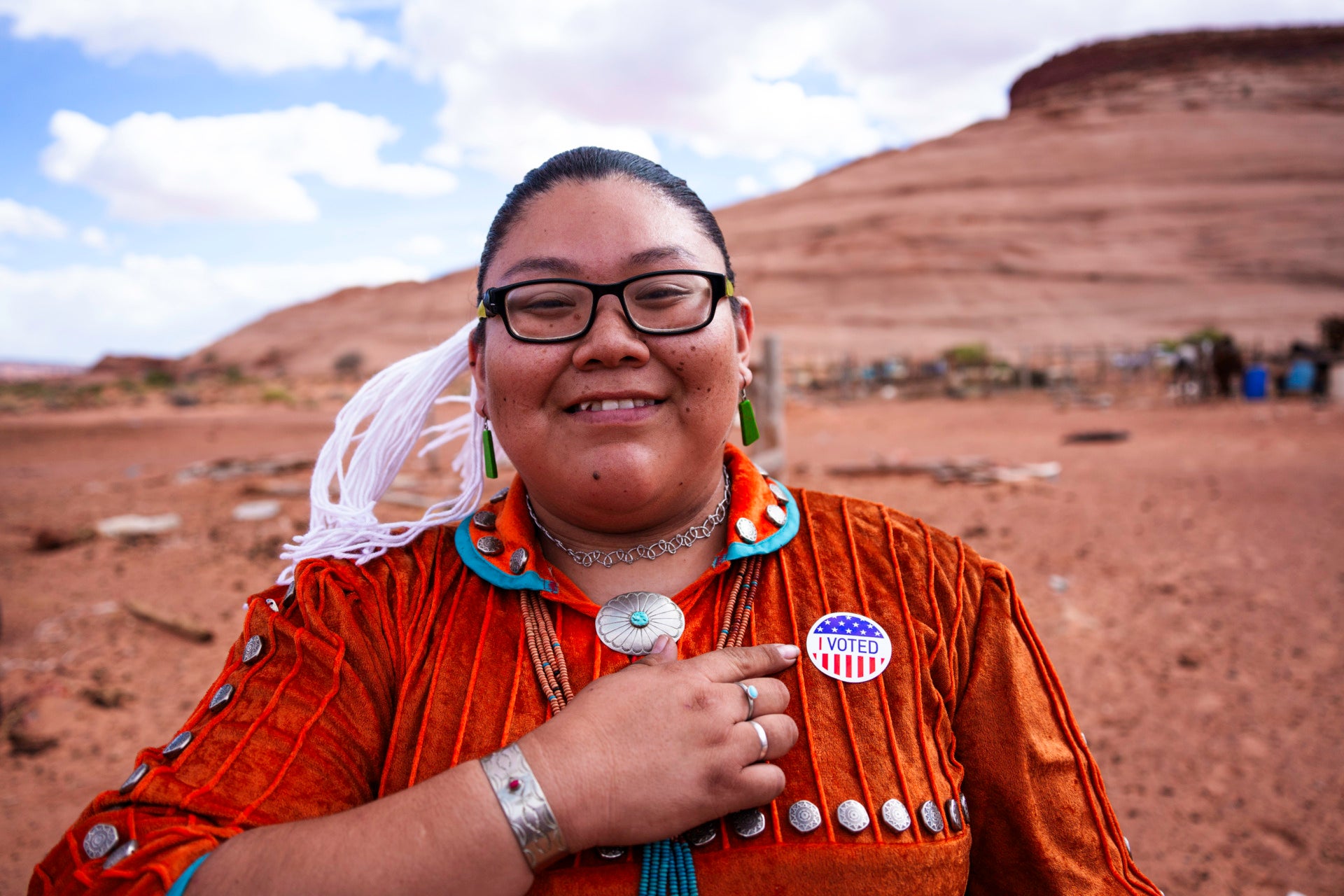This article originally appeared at The Atlantic.
Here are, in no particular order, some of the things that are happening in America right now: The Supreme Court has upheld President Donald Trump’s Muslim travel ban. The Supreme Court has dealt a major blow to public-sector unions and the labor movement. Anthony Kennedy has announced a retirement that will drastically change the Court’s makeup. A 28-year-old Democratic Socialist has beaten an incumbent who was favored for a House leadership position in a New York congressional primary. And there are, of course, approximately 5,438 other things—urgent things, tragic things, funny things, world-changing things, America-changing things—that are playing out in the world right now.
 And yet: The main news story of this week, among many American news outlets, has been none of those things, because the main news story of this week has been not a story at all so much as an omni-indignant debate about a restaurant, an administration official, and the workings of civility. Which is a debate that has played out while the main news story of the previous week—
And yet: The main news story of this week, among many American news outlets, has been none of those things, because the main news story of this week has been not a story at all so much as an omni-indignant debate about a restaurant, an administration official, and the workings of civility. Which is a debate that has played out while the main news story of the previous week—
the separation of thousands of children from their families at the U.S. border—has remained as much of a story as ever. Even as the media attention given to the story—news wears its bias in its name—has dissipated into the summer heat.
“What a long week today was,” the joke goes, and the punchline is, regardless of the week, permanently apt. There is so much happening these days, all the time, and so much happening that is converted into pieces of media—so much, as a consequence, that competes for people’s attention and time. Radio, cable, newspapers, magazines, web stories, Instagram posts, presidential statements issued via Twitter for iPhone … There are so many new platforms for the conveying of information, and thus there are so many pieces of information jockeying for space in the world and in our minds. Those dynamics haven’t simply changed what it means to be informed or entertained or human; and they haven’t simply changed the nature of the First Amendment; they have also changed what it means, at the core, to be a citizen. As Tim Wu, a law professor at Columbia Law School and the author of the book The Attention Merchants, put it at the Aspen Ideas Festival, hosted by the Aspen Institute and The Atlantic: “Frankly, citizenship in our time is about how you spend your attention.”
Americans have been conditioned, over the years, to think of citizenship in terms of action. The raising of voices, the expressing of anger, the rallying and strategically disobeying, the voting—these are the things usually thought of as the work required to make the Union more perfect. To be a citizen, in that framing of things, is to embrace the verb as well as the noun. (Or, as Wu put it: “Citizenship is like a muscle”—exercise it, actively, or it will atrophy.)
It’s a model, however, that is incomplete. A media landscape in which so much competes for our attention—some of it urgent and crucial, much of it the opposite—changes the demands made of citizenship itself. Now, Wu suggests, there’s an even more basic requirement of good citizenship: to be strategic about the things on which we agree to expend that most precious of resources—our attention. Yes, protest; yes, make phone calls; yes, march; yes, of course, vote; that will be far less meaningful, however, unless it is undergirded by those even more foundational activities: learning. Looking. Seeing. Prioritizing. Distinguishing between that which is urgent, and that which is the opposite. Thinking, always—even when the “news” of the day is nonsense, and indeed especially when it is that—of what is truly worthy of being talked about and cared about. And what, given the severe limitations of the American attention span, is not.

